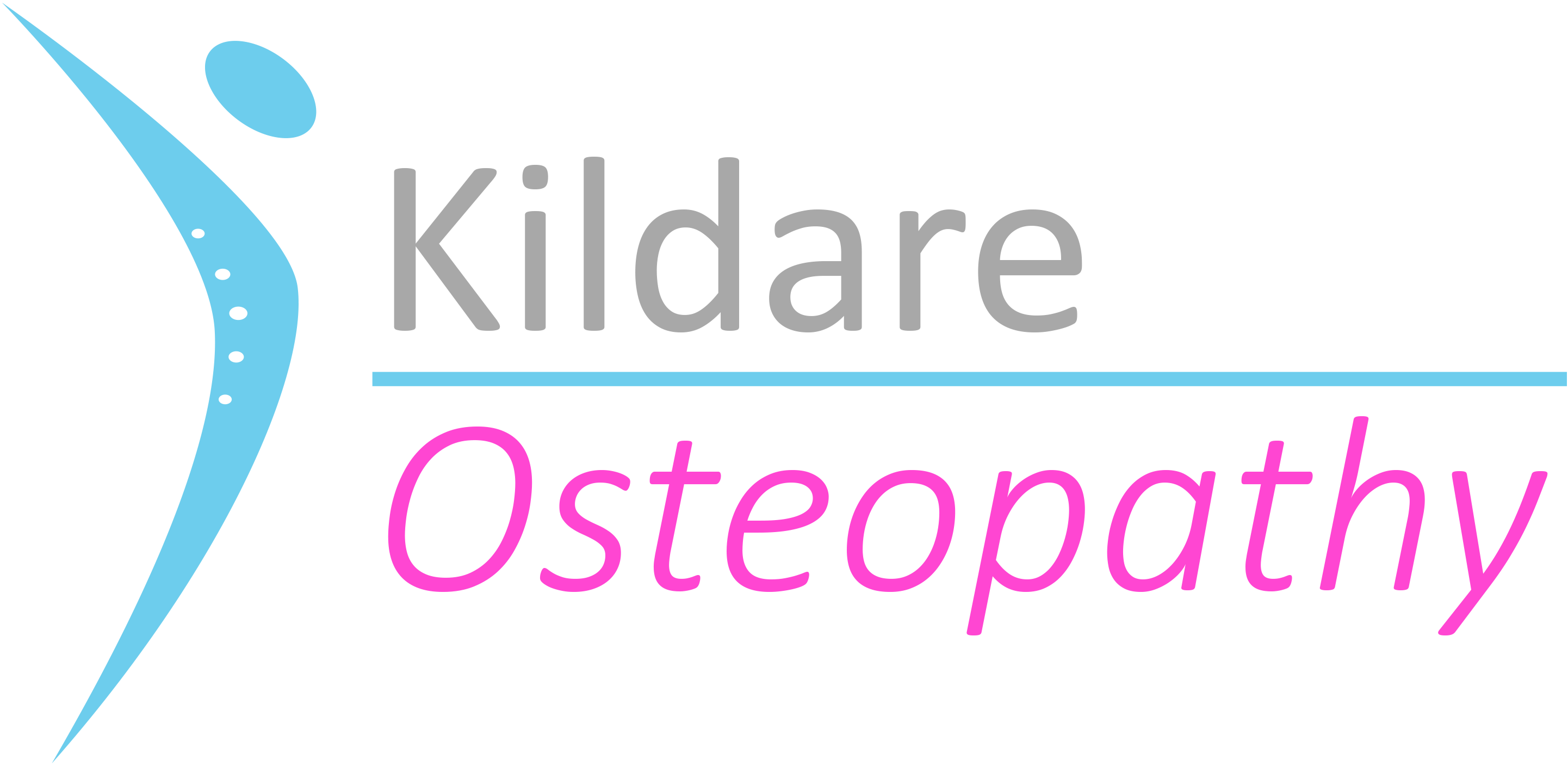Child Development
“Starting School – Ages and Stages: Child Development theory and practice for children aged 3- 12 years”. by Amanda Connell PhD, MSc(Cog. Neuropsychol.), MCSP, MISCP.
On January 16th 2016 I attended continuing professional development day in Westport, Mayo. It was attended by a diverse range of other professionals including Physiotherapist, Primary School Teachers, Special Needs Assistants (SNA), Neurodevelopmental Therapist, Chiropractor, Occupational Therapist, Osteopaths and Johansen Sound Therapist.
Below is a summary; I have tailored the information. We were also equipped with research articles, research findings and formative tests and questionnaires for assessment.
Cognitive loading is massive in the early years, and development continues to 12 years. 20% of all children will have developmental delay at some stage. Developmental delay is associated with motor coordination; therefor by increasing focus on motor skills can have positive impact on development. 50% of children with impaired motor skills grow out of it, of the remaining 50% that don’t grow out of it half will develop adapted skill sets to overcome motor problem.
- Motor coordination includes walking and running, hoping, jumping, throwing and catching, writing, drawing, playing musical instruments.
- Fine motor skills include washing hands, eating with a spoon, tying shoe laces, doing up buttons/zips, drawing and handwriting, needlework.
Consistent practice is key to maintain skills as they are constantly developing and therefor need to constantly practice/play. Interesting to note, motor coordination increases over the summer and reduces during the school year but other areas develop. The environment in which a child functions has an impact of development i.e living in apartment versus living in house.
In 1st and 2nd class the variability of development among children is most evident and therefor diagnosis increases at the same time:
- Motor: Developmental Coordination Disorder (DCD) / Dyspraxia
- Social and Behavioural: Attention Deficit Hyperactivity Disorder (ADHD)
- Communication: Specific Language impairment (SLI)
- Cognitive and Educational: Dyslexia
Role of play, through play children can begin to understand and work through the meaning and significance of the many cultural and social practices of their society. Play also contributes to exploring social competence. Themes of childrens play can tell us about their fears and anxieties aswell as their developing social knowledge.
Fun Fact: Children between 6-12yrs add new vocabulary at a rate of 5,000 – 10,000 per year.
Unsettling Fact: 30% of Primary school children are clinically obese – but some schools don’t allow children to run.
A multidisciplinary approach by Early Intervention Services is key to identify, support and target developmental issues in a child. Early Intervention services include Psychologist, Speech and Language Therapist, Physiotherapist, Occupational Therapist, Paediatricians, Social Workers and Educationalist.

